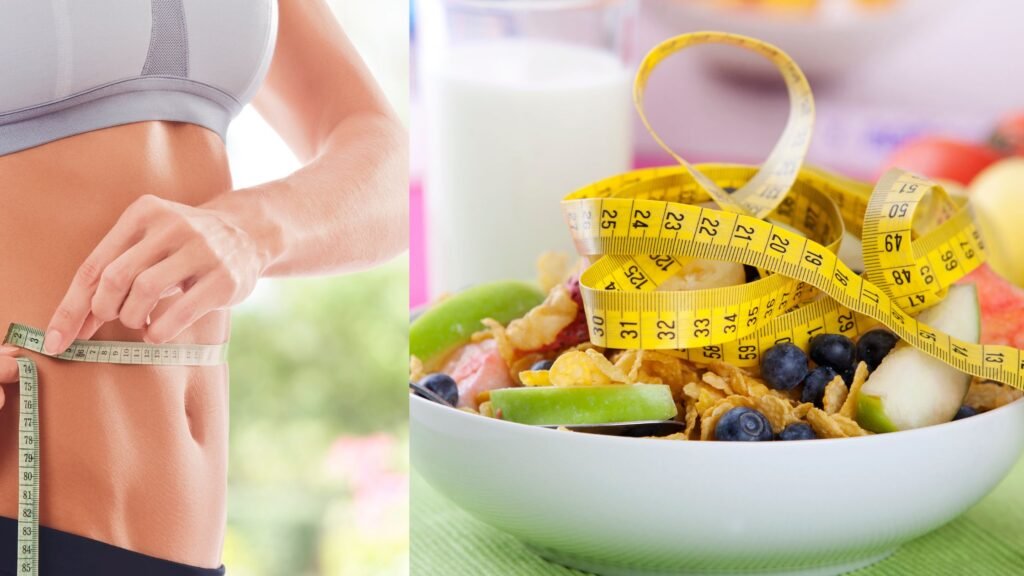Why girls want to own slim figure?
Regarding a thin body, there is no one but to wish to possess. Girls’ deepest loves are slim shape and lovely appearance. The reasons girls adore them tend to vary. Specifically referring to a thin build, Guest Posting there is no one but wishes to own. No matter where you live, in China, France, America, or any other country, girls all over the world are in love with slim figures and attractive appearances. The girls’ constant conversation topics include beauty and having a slender build. Why? The explanation seems to be fairly straightforward: “If I am a beautiful girl with a slim physique, I can wear a variety of gorgeous garments, especially Herve Leger dresses. If I haven’t, even my closet is stuffed with lovely clothes, so I can only gaze at them. Own a slim shape and wear lovely attire, I’m sure most girls are thinking. The idea of girls is fairly straightforward. In actuality, not just girls aspire to have a slender physique. I think a lot of boys aspire to be physically fit. Or, we could say that boys aspire to have a balanced physique. Nobody wants to be overweight. No one, not even the boys, hopes they won’t be able to dress nicely. They may like skinny girls for the important reason that they can wear gorgeous stuff, including Herve Leger attire. I do believe that there are numerous more reasons why girls wish to have a small shape aside from this one. First of all, not every girl may possess a lovely appearance. Therefore, if you were a female without a beautiful appearance and a slim shape at the same time, would you be happy? Girls can have less-than-fair faces without losing their thin figures. Whether it is lovely or not, our parents determine how we look, thus we cannot criticise them. However, we are able to alter our physical appearance if we decide to shape our bodies and continue to lose weight in order to wear attractive clothing. We can still be attractive girls even if we don’t have fair skin because we have a slim build and can wear attractive apparel. Similar to how a horse depends on its saddle, people should depend on their attire. Often, a person’s own fair face cannot be considered true beauty. The most beautiful girls are those with thin figures who dress appropriately for various occasions. Additionally, a person’s health is related to avoiding having a large body and wanting to have a slender one. We all know that a lot of young people have high blood pressure, but a bigger factor is that they are overweight and didn’t want to make a change to reduce weight. Actually, other than merely raising blood pressure, fat can also lead to other diseases. Already, obesity is a serious illness. So I think the reason so many women choose a tiny shape comes from here. This suggests that having a trim physique is healthier for your health. Obviously, if you want to be skinny, you can’t employ extreme methods like dieting, but missing meals is not a healthy strategy either. Although you might eventually lose your healthy figure, you might eventually become a slender girl. You thus receive more kicks than halfpence. If you want to be skinny, you need to make a better decision. Whether it’s to wear lovely clothes or to wish for a healthy body, if you make the right decision, your dream will come true.









